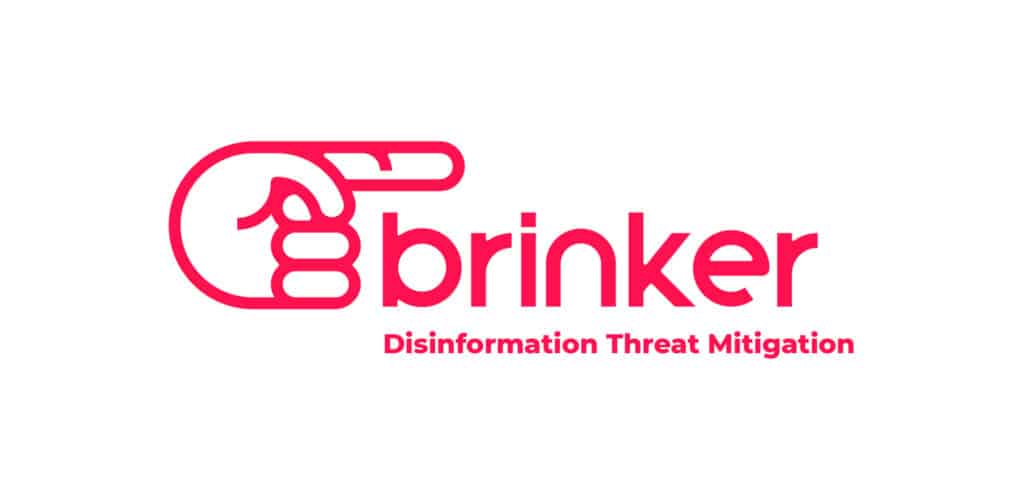Microsoft is warning users of Google’s Chrome and The Mozilla Foundation’s Firefox web browsers that a malicious browser extension for those platforms attempts to steal Facebook account login information after it is installed. The attacks have mostly occurred in Brazil, Microsoft, and have been linked to spam campaigns promoting GM cars, like the Chevy Celta, an ultracompact car produced by General Motors do Brasil, according to a post on Microsoft’s Technet web site. Microsoft identified the malware bundled with the browser extensions as Febipos.A, a malicious Trojan. After being installed, the Trojan waits for the user to log in to Facebook before it springs to life. Febipos downloads commands from a remote website that instruct it to carry out a wide range of actions through the active Facebook account, including wall posts, sharing and “liking” pages, commenting on other users’ posts and inviting Facebook friends to a group chat. You […]
Tag: Microsoft
Update: Hack Investigation At Dept. of Labor Turns Up Internet Explorer 8 Zero Day Hole
A hack of the U.S. Department of Labor web site that was revealed late last week is being described as a “watering hole” style attack aimed at compromising the systems of other government workers, in part using an exploit for a previously unknown (or “zero day”) security vulnerability in some versions of Microsoft’s Internet Explorer web browser.(*) Multiple reports last week indicated that a security breach of the Department of Labor web site had occurred. Accounts indicated that visitors to the site using versions of Internet Explorer were being attacked using exploits for a known vulnerability. Over the weekend, however, researchers analyzing the attacks say that it used an exploit for a zero day hole in IE8, and that details of the attack tie it to a China-based hacking group known as “DeepPanda.” In a blog post on Friday, researchers at the security firm Invincea said that they believed that the […]
Welcoming A New Sponsor: The Trusted Computing Group!
The Security Ledger is a new, online publication that’s serious about reporting on security and “The Internet of Things.” While we’ve had tremendous success in our first six months of operation, any new endeavor involves some risk. That’s why I’m thrilled to have had the backing of some forward-looking sponsors: Qualys and Veracode. And today, I’m happy to add a new name to that list: The Trusted Computing Group (TCG). For those of you who aren’t familiar with TCG, its best known as the group behind the Trusted Platform Module (TPM) secure, cryptographic chip that ships with almost every modern desktop and notebook PC. The TPM assures a hardware-based root of trust on compliant system, allowing TPM-equipped systems to securely generate cryptographic keys that can authenticate each endpont for use in secure, online transactions and communications. But TCG actually does a lot more. As a security beat reporter, for example, I […]
With $Pi Million At Stake, Chrome Withstands Hacker Assault
With $3.14159 million in prize money at stake, Google’s Chrome OS has withstood attempts to hack it in the company’s semi-annual Pwnium contest in Vancouver, a Google spokeswoman told The Security Ledger. In a statement Thursday, Google spokeswoman Jessica Kositz said that the company did not receive any winning entries during the day-long contest, but that the company is evaluating work that may qualify for a partial prize: a potentially infinite series of Google Wallet transfers in the amounts: $1 followed by $.50 followed by $.25 followed by $.125 and so on. OK – We made that last part up. Pwnium runs alongside the better known pwn2own contest at CanSecWest. This year, Google is providing funding for both contests. However, in 2012 the company pulled its support for pwn2own, objecting to the lack of a requirement of “responsible disclosure” – in which entrants must disclose the details of their exploits to the […]
EverNote Latest Site Hacked In Coordinated Attack
The online personal and business productivity service Evernote.com said on Saturday that it is the victim of a hack that exposed encrypted user password information, forcing password resets across a broad swath of the service’s 50 million registered users. The Redwood City, California-based firm revealed in a blog post that its internal security team discovered “suspicious activity on the Evernote network” that “appears to have been a coordinated attempt to access secure areas of the Evernote Service.” The company said it sent password reset messages to its users as a “precaution” but didn’t believe that stored information in users’ accounts or payment information had been exposed. The hack is just the latest of a prominent online firm. In recent weeks, Twitter, Facebook, Apple and Microsoft have all reported compromises of their internal networks. Those intrusions were linked to attacks aimed at developers and relied on exploits of previously unknown “zero day” […]






